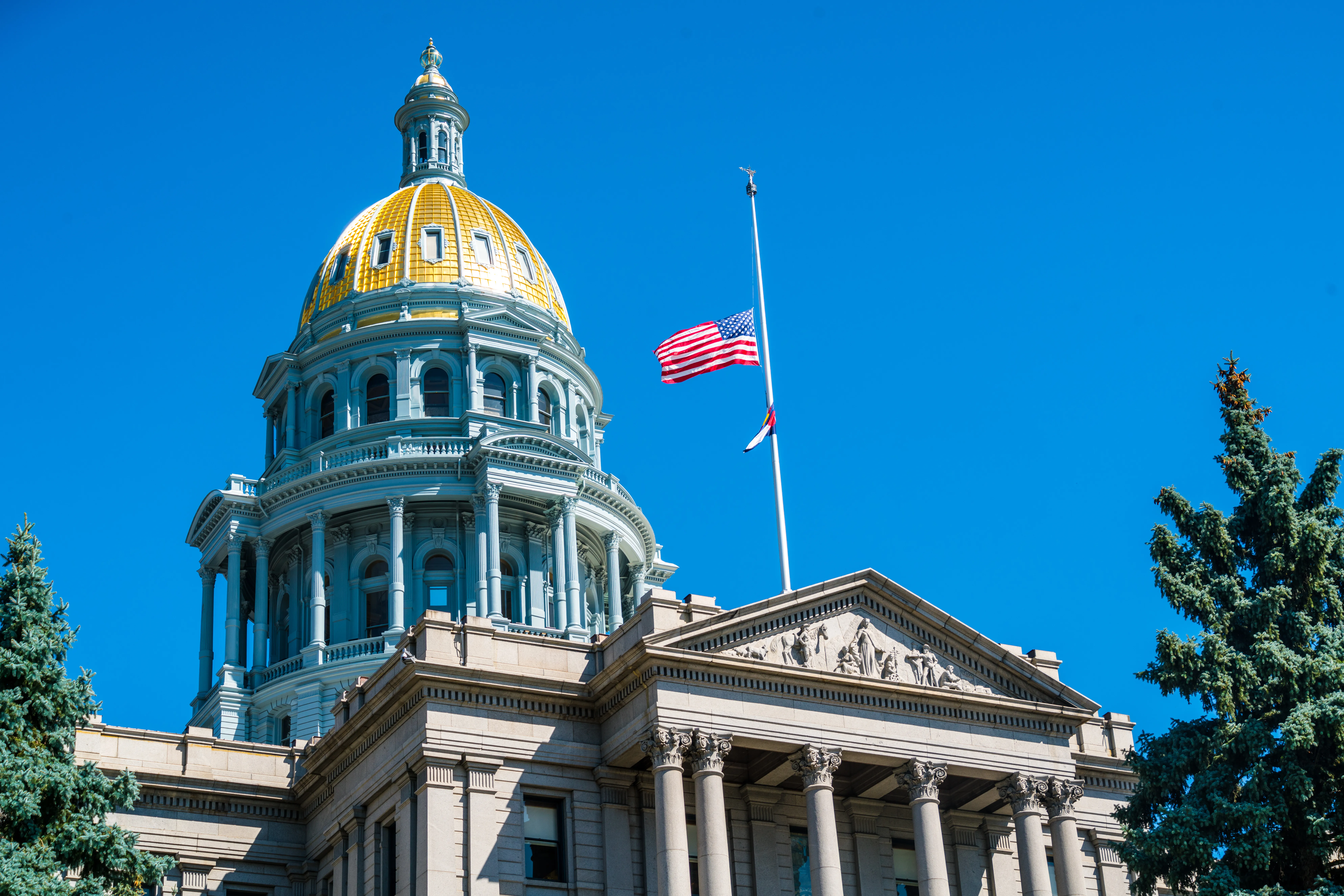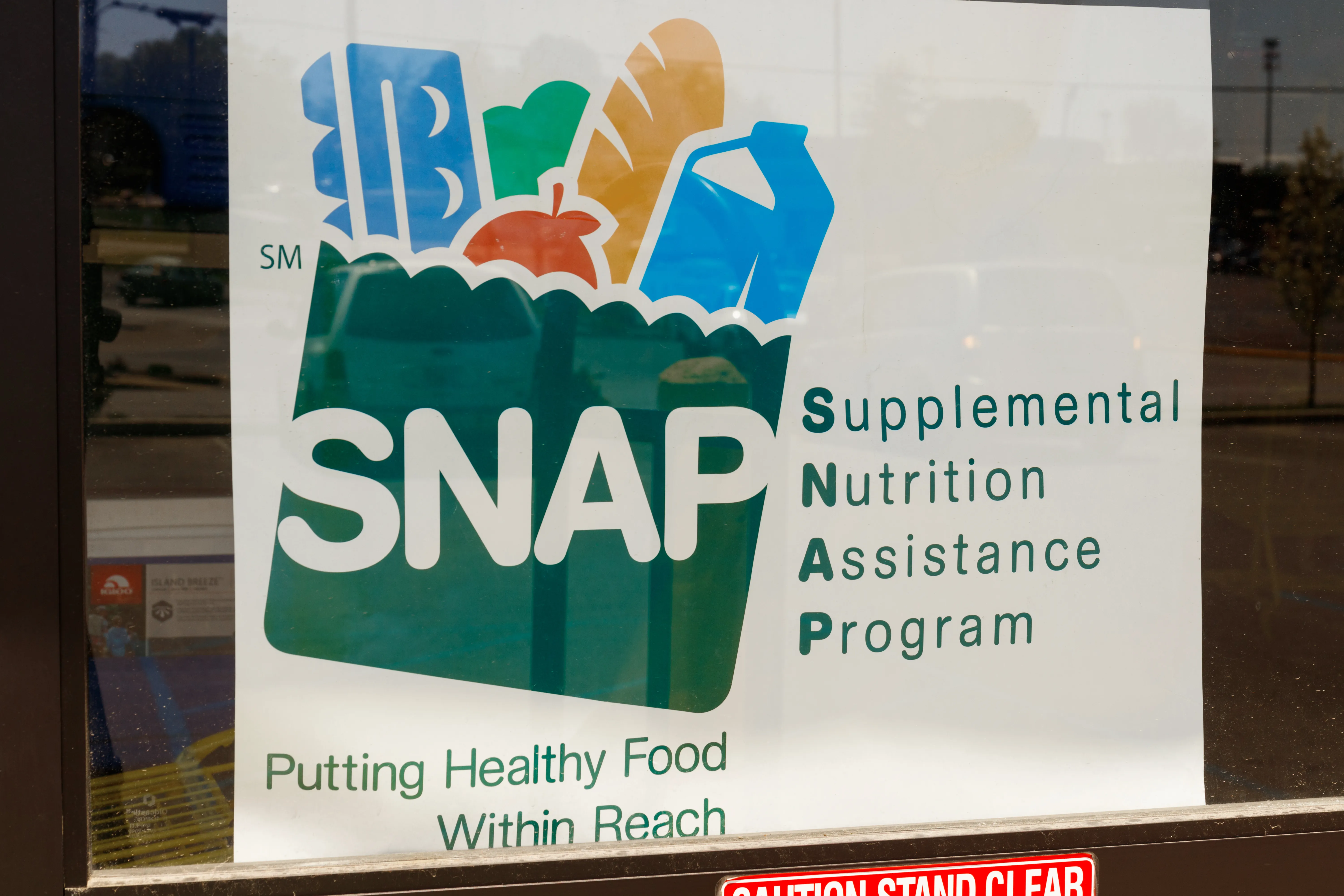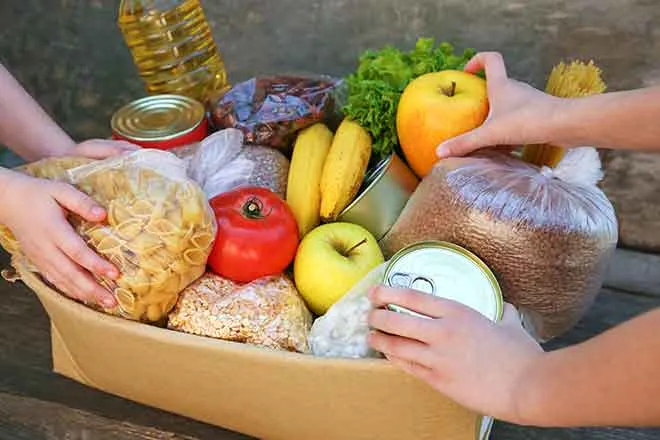
The Yonder Report: News from rural America - June 13, 2024
News from rural America.
Rural America's job growth is up, but still hasn't recovered from the pandemic, about one in five rural Americans lives in a town with a prison, rural women seeking birth control have a new option, and dark skies beckon as summer arrives.
TRANSCRIPT
(upbeat music)
For the Daily Yonder and Public News Service, this is the news from rural America.
Rural job growth is up, but still lagging since the pandemic.
Employment grew in rural counties in 2022 and 2023, but as Daily Yonder data reporter, Sarah Malott says, unlike urban counties, rural America is still looking for a robust post-pandemic recovery.
Non-metropolitan counties still have a hundred thousand fewer jobs than they had before the pandemic in 2019.
Malott says rural counties have added jobs every year since 2020, but that success is limited because employment loss during the great recession 15 years ago was never fully replaced.
About one in five rural Americans live in a town with a prison, but since 2000, more penitentiaries have closed than opened.
Olivia Weeks has more on transitions in former prison towns.
During the construction boom, starting around 1970, jails and prisons were disproportionately built in poor rural black towns, according to Urban Institute senior fellow, John Eason.
Basically in rural communities, the more black people you had, the higher likelihood it was that you would get a prison.
Eason heads the Reducing Prisons in Rural Communities of Color program.
As America reconsiders mass incarceration, he says they're looking for a healthier economic engine for those places.
Rural communities have been hit hard by a lot of the so-called urban problems, and that's what actually helps drive getting a prison.
I'm Olivia Weeks.
Rural women can face barriers to getting healthcare, including travel time when local services leave, but a new over-the-counter birth control pill can help solve one issue.
Keri Cochran-McClain is with the National Rural Health Association.
Any way that we can increase access to services and care is an important consideration for us to be exploring.
Cochran-McClain says Opil, approved last year, is the first non-prescription birth control pill in the US.
She says that's a big deal in what are called contraceptive deserts.
We know about 18 million women of reproductive age live in rural communities, and that's a lot of people who may benefit from access to these services.
But she stresses that even the number of rural retail pharmacies fell by almost 10 percent in the last two decades, while rising 15 percent in cities.
The first day of summer's coming, a chance to recline in the backyard and gaze at the stars.
But if city lights block your view, head to southeastern Oregon, to the newest and largest dark sky sanctuary in the world.
Two and a half million acres in the Oregon Outback are one of 19 places where the skies are among the darkest on earth.
For the Daily Yonder and Public News Service, I'm Roz Brown.
For more rural stories, visit dailyyonder.com.
[Music]















